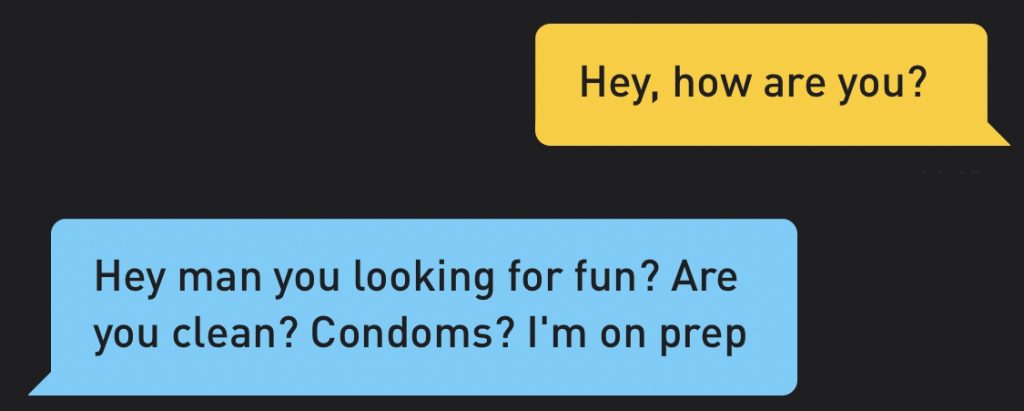
Attention students at Sussex: It’s time to talk more about sexual health
At Sussex Uni, sex is part of our name. But do we talk about it enough?
Recently, a speaker from Terrence Higgins Trust gave a guest webinar to University of Sussex students on HIV and local sexual health services in Brighton. This formed part of the health week that Sussex LGBTQ+ Society hosted for LGBTQ+ History Month.
During the webinar, what became apparent was how leading Brighton is in regard to sexual health. In Brighton, 93 per cent of people living with HIV are diagnosed. Of those diagnosed, 99 per cent are receiving treatment, and 98 per cent of those are undetectable.
90 per cent across all three measures are the UK’s target by 2020, with the target for 2030 to end HIV in the UK. From these statistics alone, it can be seen how leading Brighton is to targeting the end of HIV.
Why is there still such a stigma?
However, although we live in a city that is a national leader for sexual health, discrimination and stigma towards HIV are found across a wide array of dating apps in Brighton – including the elusive orange tinder. I have personally experienced the questionable message of “Are you clean?” on multiple occasions.

In a survey to students on The Sussex Tab’s Instagram, 65 students came forward and said how they have been directly asked about their sexual health on dating apps. It was interesting to read of one student’s experiences saying how “people are quick to ask about body count or how sexually active you are but not [if that sexual activity was] safe”. To eradicate stigma, and to normalise sexual health, we need to talk more about sexual health and understand the importance of supporting those people living with HIV or long-term sexual health-related illness.
Equally, as students, we need to increase the use of sexual health services, as the provision and diagnosis of sexual health is rarely spoken about between students. I recently visited the Claude Nicole Centre in Brighton for a full sexual health screening and I sought to discover how many students had also accessed the sexual health services in Brighton.

Should we be talking more?
In the same survey, we asked how many students had visited Sexual Health services in Brighton since starting university. A staggering 608 out of 986 respondents said no to accessing services. To put that into perspective, that’s over 60 per cent of students. Those who had used the sexual health services commented on how “the sexual health services in Brighton are outstanding, the staff are super friendly and professional!”, whilst another went to the lengths of saying how the nurses “made herpes sound fun”.
As a second part of our survey, we asked whether students felt comfortable talking to their friends about their sexual health. 844 out of 981 responses said that they were comfortable talking to their friends, with one comment being that “I think it’s very important to normalise talking about sexual health”. Another student said [although] “I do sometimes feel judged, without talking [about sexual health], I wouldn’t have realised how common it was”.
So as students, we are comfortable talking to one another about sexual health, but do we actually talk about it enough? Equally, are we using the services enough? In a year where health is all we seem to see on the news, sexual health takes a back burner, even with the success of Its A Sin and record numbers for National HIV Testing Week.
If not you, who? If not now, when? It’s time to talk about sexual health.
For support regarding sexual health and more services, visit the Terrence Higgins Trust here.









































